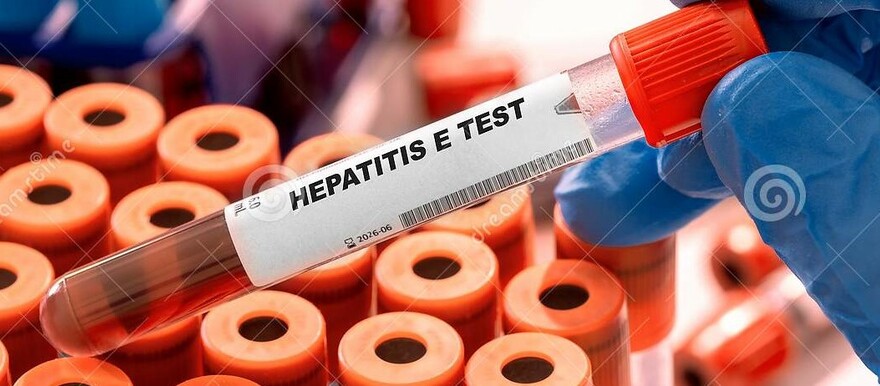Ministry of Health in Western Bahr el Ghazal State on Wednesday said blood samples taken to laboratories in Juba for testing have shown positive results for Hepatitis E virus (HEV). The ministry has now declared an emergency in Wau.
The outbreak was declared after epidemiological testing conducted by the World Health Organization this month following a report of an unidentified outbreak of a disease characterized by yellow eyes, yellow urine and body-joint pain in the neighbourhoods of Nazareth within Wau municipality.
Speaking to Radio Tamazuj on Wednesday, State Minister of Health Dr. Vincent Taban said over 30 cases which were sent to Juba for Laboratory testing came with a positive result for Hepatitis E.
“It is difficult to say the numbers but we say accumulated numbers of cases and as I said, 35 were tested positive from the first cases taken to Juba and we also sent 91, and most came positive of not less than 70% from the (blood) samples and this means that it has been confirmed that the cases of yellow eyes are Hepatitis E,” Dr. Taban confirmed.
Following the declaration, the State minister of Health said they have come up with precautionary norms, including preventative measures and protection against the spread of the disease.
“As the Ministry of Health, we are doing three things; all water sources within Wau town in particular and at the county level in general and am saying this as an order to the public health officers in both three counties and municipality that all the water sources should be assessed, should be screened, samples taken and tested and treated,” Dr. Taban said.
“Secondly, the water carriers and the retailers, the youth moving with water will be screened because there are some containers that are damaged and need to be repaired. Youth selling water needs to be tested and based on the health card that will be given to them. This will grant them access to selected water points,” Dr. Taban explained.
State Health Minister Dr. Taban has urged communities in Wau municipality to be responsible and protect their families from contracting Hepatitis E. disease.
“The biggest responsibility is to the community; in each family, anybody you want to buy water from should be physically and hygienically clean with his water tank and the donkey and water he is carrying is clean and if not, don’t buy,” Dr. Taban warned.
The minister stated that the Hepatitis E vaccine is available at all EPI centres and that individuals who want to get the HEV vaccination are welcome. The HEV vaccine is free.
Hepatitis E is inflammation of the liver caused by the hepatitis E virus (HEV). The virus has at least four different types: genotypes 1, 2, 3 and 4. Genotypes 1 and 2 have been found only in humans. Genotypes 3 and 4 circulate in several animals, including pigs, without causing any disease and occasionally infect humans.
The virus is shed in the stools of infected persons and enters the human body through the intestine. It is transmitted mainly through contaminated drinking water. Occasionally a serious disease known as fulminant hepatitis (acute liver failure) develops, which can be fatal.
In March 2022, Médecins Sans Frontières and South Sudan’s Ministry of Health launched the first hepatitis E vaccination outbreak response campaign at Bentiu’s internally displaced persons camp in Unity state. This was the first-ever use of the currently only available hepatitis E vaccine, Hecolin, which has been recommended by WHO for outbreak response since 2015.




